You might think that people are either book smart or street smart. Well, in reality, the conjunction is different, and you have to change the or to an and because you can be both. And should be.
Folks have recently been sharing some of their street smarts in a now-viral Reddit thread that answered the question what is the best “street advice” you can give?
Bored Panda has collected some of the best bits of advice from the thread to craft the lovely curated list below, so go enlighten yourself before the street does that through practice.

Image credits: UnusualQuantity7260
#1

Image credits: GargantuanCake
#2

Image credits: Pallas_in_my_Head
#3
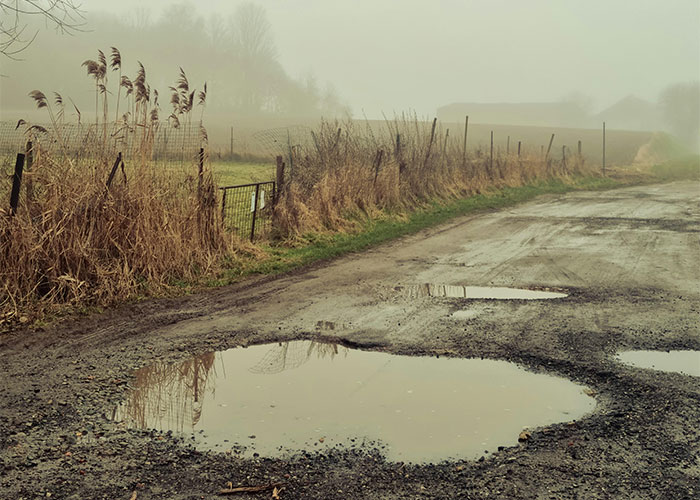
Image credits: OldManPip5
If you’re not familiar with the terms, book smart and street smart describe methods of learning, both in the sense of how and from where something has been learned.
Book smarts are academic intelligence, gained through formal schooling and reading, while street smarts are gained through real-life experience in handling situations.
#4
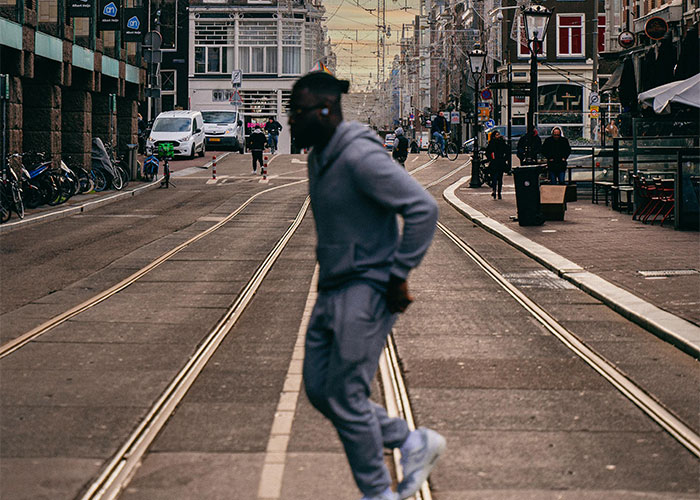
Image credits: Keeksters46
#5

Image credits: -Cherry_Blossoms-
#6

Image credits: Son_of_kitsch
Over recent years, education has run into a bit of a problem with these smarts. Namely, since adult education institutions have to adhere to certain industry standards in order to remain relevant, they have noticed how there is a shift to valuing experience over formal education. In other words, that diploma there is great and all, but how about you show us how [insert activity] is done here and now?
#7

Image credits: DC-Donkey
#8
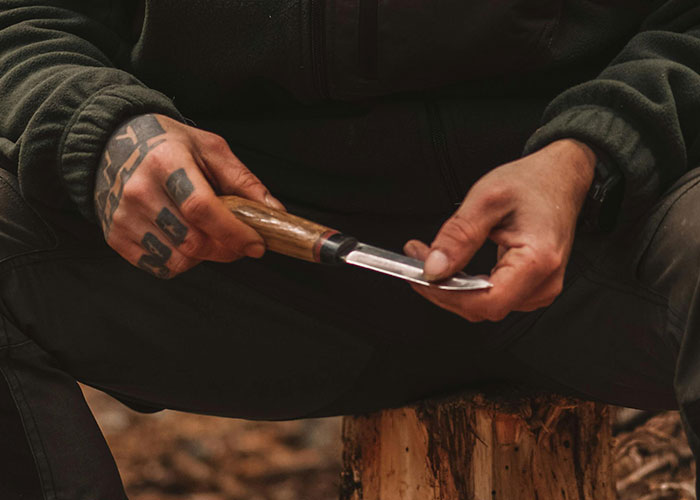
Image credits: Upset-Item9756
#9

Image credits: bee-sting
So, higher education had to step up their game. This in turn led to things like the formation of professional advisory boards that are there to help adapt the programs and their curricula to meet the changing standards. That and educational institutions are also gradually introducing competency-based and experiential learning.
#10

Image credits: grimlov
#11
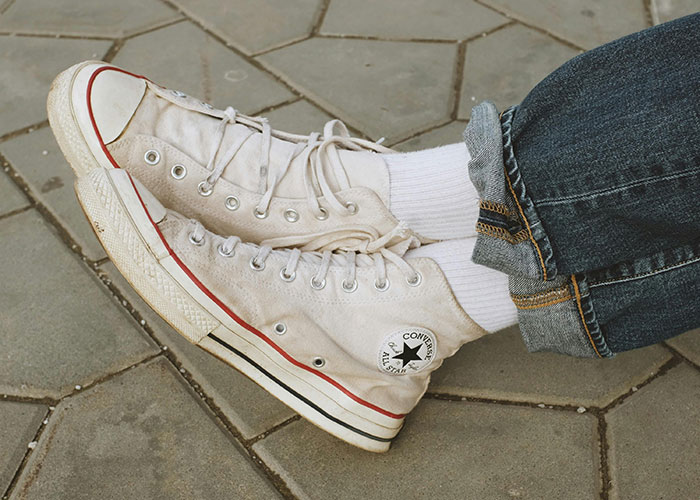
Image credits: hitman004700
#12

Image credits: Direct-Bumblebee-165
Experiential learning would likely come in the form of internships, practicums, and the like, but might also include things like industry projects that would feature academic programs and would utilize that knowledge. Another approach is assigning real-world business problems to students to solve, in turn getting employer feedback. And hey, if you exceed expectations, you can also try to apply and you’d have a reputation that precedes you.
#13

Image credits: trippinbillz41
#14

Image credits: Moon_Jewel90
#15

Image credits: notyourbrobra
And, as it turns out, it’s not just the industries that are demanding such a targeted education. Students themselves are driving demand for more practical education. And the solution is a return to project-based learning, which on top of providing the necessary know-how, would enhance student confidence, communication and collaboration skills, all the while motivating them and forming the right attitudes towards work and employers.
#16

Image credits: NotRapCat
#17

Image credits: Look-Its-a-Name
#18
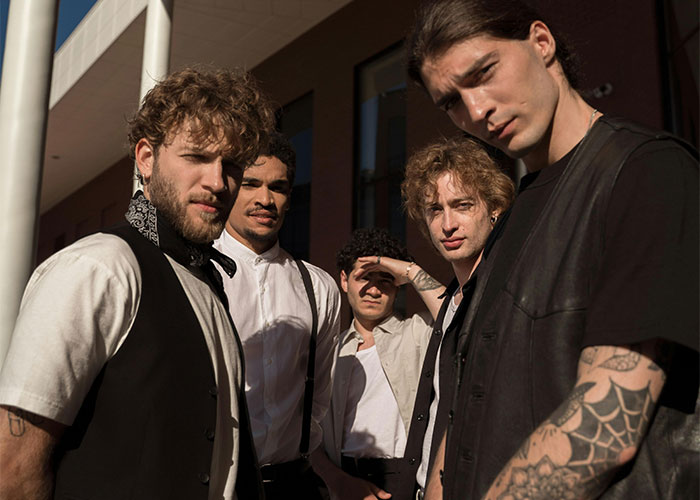
Image credits: PuzzleheadedSpray883
One of the seemingly bigger components of street smarts is security and safety. This includes knowing how to navigate your whereabouts, knowing what to do in particular life-threatening situations and maximizing your chances of getting out of trouble.
In the case of kids, it’s all about knowing their location and how long they’re planning on being there, making sure they stick with their friends and hang out in safe spots all the while avoiding shady neighborhoods. Oh, and trust your gut. Believe us, that goes a long way.
#19
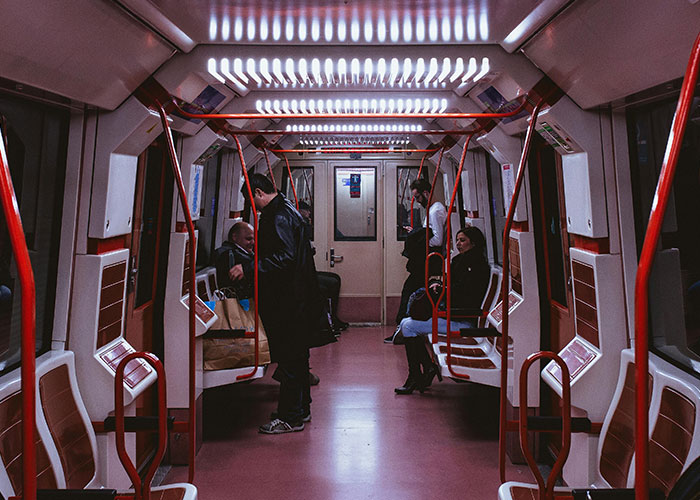
Image credits: Neither_Cod_992
#20
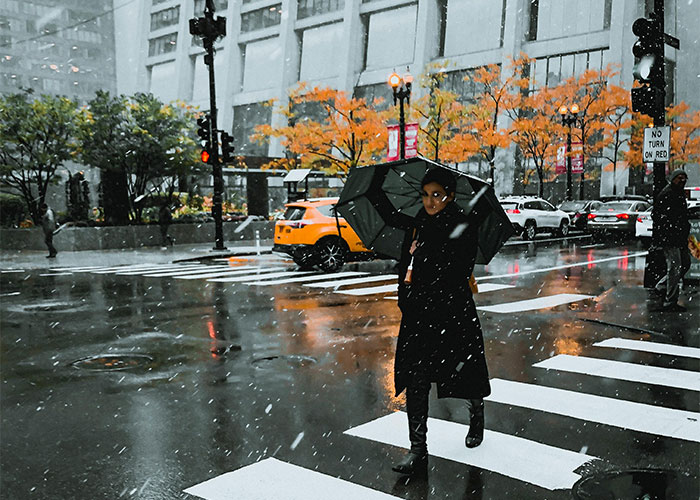
Image credits: cobalt_phantom
#21

Image credits: mugshade1
And it’s pretty much the same for adults. The majority of the Reddit thread suggested minding your business, always being aware of your surroundings, and trying to not to look lost. All of these indicate that you’re in control and you won’t be drawing any unnecessary attention. There was also a huge emphasis on trusting your instincts—if you see something you wouldn’t want to get closer, then by all means move away. Better safe than sorry.
#22

Image credits: jeffwinger_esq
#23
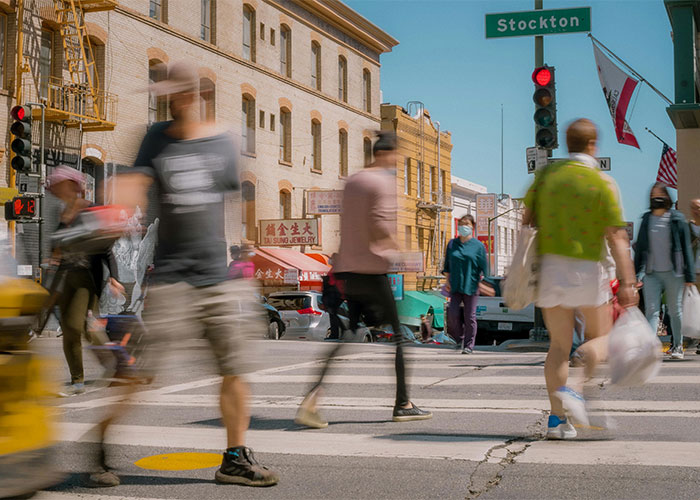
Image credits: Blushing_Bunny23
#24
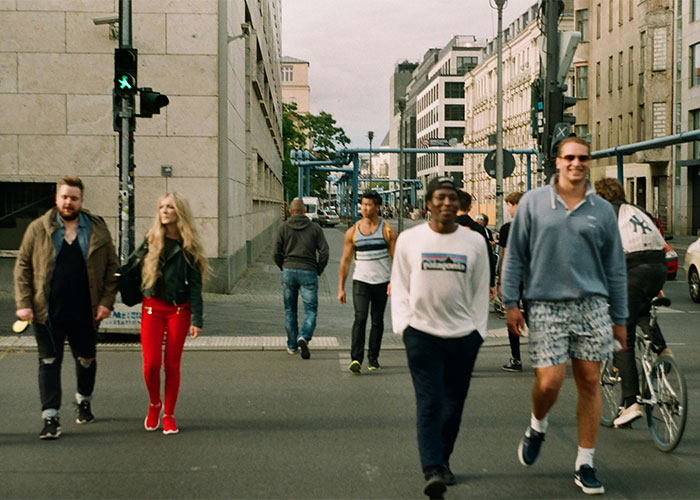
Image credits: autotoad
Others suggested more situational solutions. For instance, if you’re a woman in trouble, it’s better to ask help from other women as it’s much more likely they’ll help you due to the empathy factor.
Another situation is to not engage with people asking you to look at your shoes as that might give them an opportunity to strike. Also, pickpockets love to distract their victims by asking for the time and the like.
#25

Image credits: Factsaretheonlytruth
#26

Image credits: boogien1ght5
#27

Image credits: jmacklin1
It’s also strongly recommended never to take anything from anyone you don’t know. It can become an identifying factor for other troublemakers that they can take advantage of you as you have been “marked” by someone.
This also goes for finding things on cars. Things that might look like trash shoved into the car door handle could end up being lethal. Do not touch it with your bare hands and instead either use another object or thick cleaning gloves to remove it. It could be laced with poison.
#28
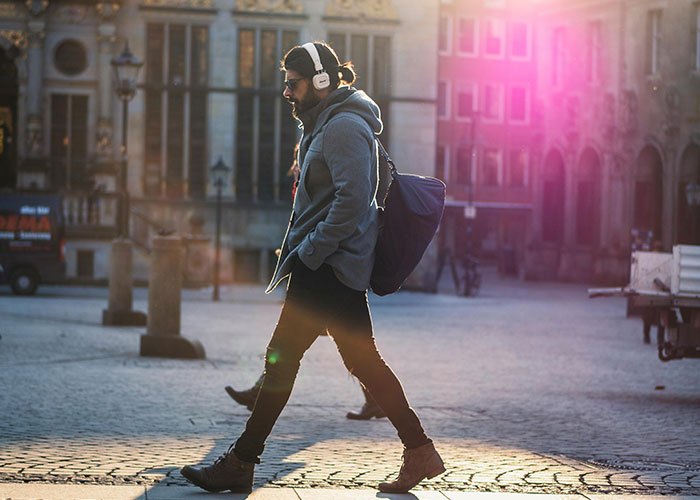
Image credits: UnoriginalUse
#29

Image credits: anon
#30

Image credits: richstark
So, what are your thoughts on any of this? Do you have street knowledge that everyone would benefit from? Share your advice and stories in the comment section below!
And if you need more scrolling fodder, we have some more street smarts in the form of articles for you to go through.
#31

Image credits: Shawty43
#32

Image credits: omegaistwopif
#33

Image credits: 44YrOld







